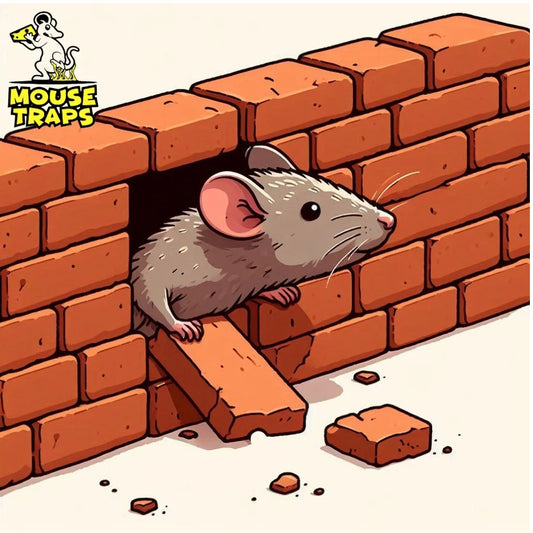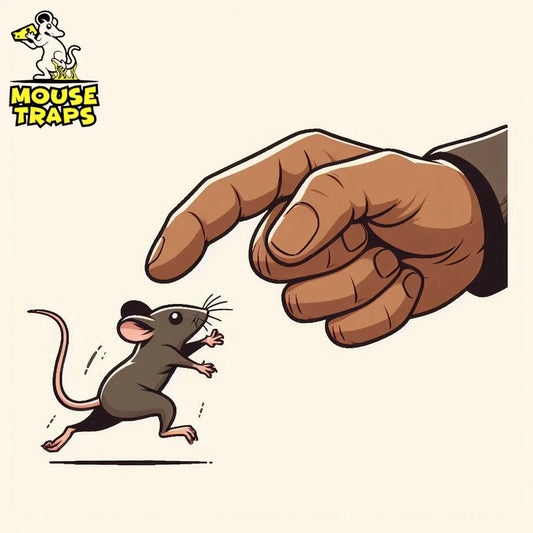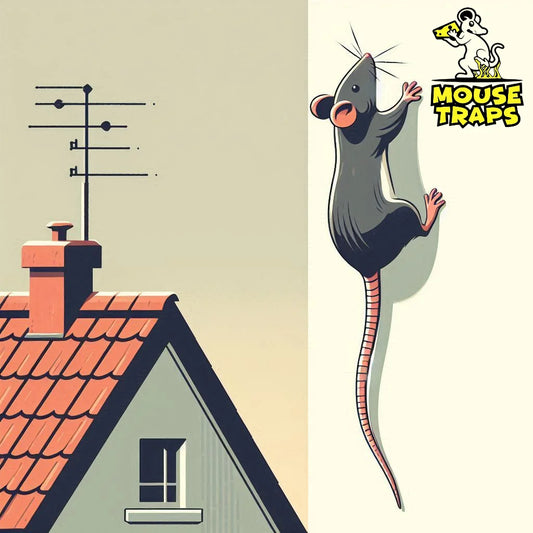Introduction:
Rats nesting in outdoor furniture cushions can turn a peaceful patio into a battleground. But fear not! By implementing tactics you can regain control of your area without having to take extreme actions. Lets delve into some methods to discourage these visitors and maintain your cushions critter free!
Understanding the Problem: Why Do Rats Nest in Outdoor Furniture Cushions?
Before we delve into ways to prevent this issue it's important to grasp why rats are attracted to furniture cushions, in the instance. Rats are on the lookout for snug and secluded spots for outdoor furniture cushions offer the right mix of warmth and shelter. Furthermore any leftover food crumbs and debris present on the cushions can lure rats in turning them into estate, for these rodents.

- Rats are attracted to warmth and protection
- Leftover food crumbs can lure rats
- Outdoor furniture cushions provide an ideal nesting environment
Identifying Signs of Rat Infestation:
Spotting signs of a rat infestation early can help you take prompt action to prevent further nesting in your outdoor furniture cushions. Keep an eye out for the following indicators:

- Gnaw marks on cushions or nearby furniture
- Droppings around the patio area
- Strange noises coming from furniture
- Nests made of shredded materials
How to Prevent Rats from Nesting in Outdoor Furniture Cushions?
Lets now explore the ways you can prevent rats from turning your furniture into their cozy abode.

- Keep Your Outdoor Area Clean:
- Maintain cleanliness in your outdoor space by regularly sweeping away debris and removing food sources that may attract rats.
- Store Food Properly:
- Store food in airtight containers and avoid leaving pet food or birdseed outdoors overnight, as these can attract rats.
- Seal Entry Points:
- Inspect your patio for any gaps or openings that rats could use to access your outdoor furniture. Seal these entry points with caulk or wire mesh to prevent rodents from getting in.
- Use Scent Repellents:
- Rats have a keen sense of smell, so using scent repellents like peppermint oil or ammonia-soaked rags can deter them from nesting in your cushions.
- Install Motion-Activated Devices:
- Motion-activated devices, such as lights or sprinklers, can startle rats and discourage them from frequenting your outdoor space.
- Elevate Furniture Off the Ground:
- Elevating your outdoor furniture off the ground can make it less appealing for rats to nest in, as they prefer ground-level hiding spots.
- Use Rat-Proof Materials:
- Consider using cushions made of rat-proof materials, such as tightly woven fabrics or vinyl, to make nesting less comfortable for rodents.
- Employ Natural Predators:
- Encourage natural predators like owls or snakes to frequent your outdoor area, as their presence can help deter rats from nesting.
Use Mouse Traps:
Using Mouse Traps is the most effective method to deal with rodents (Mouse) in you home, garden or garage. Further details on the best mouse traps is given below;

Live Humane Mouse Traps:
Live humane mouse traps are designed to catch mice without harming them, allowing you to release them back into the wild far away from your home. These types of traps usually include a enclosed container with a door that closes when the mouse goes in keeping it from getting out. Certain humane traps might entice the mouse with bait to enter while others depend on the mouse's curiosity to explore the trap.

Benefits of Live Humane Mouse Traps:
-
Ethical: Live humane mouse traps provide a humane alternative to traditional traps or poisons, allowing you to capture mice without causing them harm or distress.
-
Environmentally friendly: By avoiding the use of toxic chemicals or materials that can harm the environment, humane traps are a more eco-friendly option for pest control.
-
Reusable: Most live humane mouse traps are reusable, allowing you to catch multiple mice without having to purchase new traps each time.
-
Safe for pets and children: Since these traps do not use poisons or harmful mechanisms, they are safe to use in homes with pets or small children.
-
Legal compliance: In some areas, using live humane traps may be the only legal method of dealing with pest problems, particularly when it comes to certain protected species of rodents.
Sticky Glue Mouse Pads Traps:
Sticky glue mouse pads traps, on the other hand, are designed to capture mice using a strong adhesive on a flat surface. When a mouse walks onto the pad, it becomes stuck, making it unable to move or escape. These traps are typically disposable and are discarded along with the captured mouse.

Benefits of Sticky Glue Mouse Pad Traps:
-
Easy to use: Sticky glue mouse pad traps are simple to set up and require no bait or additional equipment.
-
Effective: These traps can be highly effective at catching mice, especially in areas where traditional traps may not be suitable, such as narrow spaces or along walls.
-
Affordable: Sticky glue mouse pad traps are often inexpensive, making them a cost-effective option for dealing with small infestations.
-
No mess: Unlike traditional traps that may leave behind blood or bodily fluids, sticky glue traps keep the mouse contained, minimizing mess and the risk of spreading diseases.
-
Versatile: Sticky adhesive traps are versatile. Can be utilized in a range of settings such, as households, offices and storage facilities offering a solution, for managing pests.
FAQs:
Here are answers to some commonly asked questions about preventing rats from nesting in outdoor furniture cushions:
Conclusion:
Keeping rats away, from making nests in furniture cushions involves taking steps and regularly maintaining the area. By ensuring your space is tidy sealing off entry points and using natural repellents you can successfully discourage rats and have a patio free of pests, throughout the seasons. Remember to stay vigilant and address any signs of rat activity promptly to prevent infestations from taking hold. With these tips in mind, you can reclaim your outdoor oasis and relax in peace!




